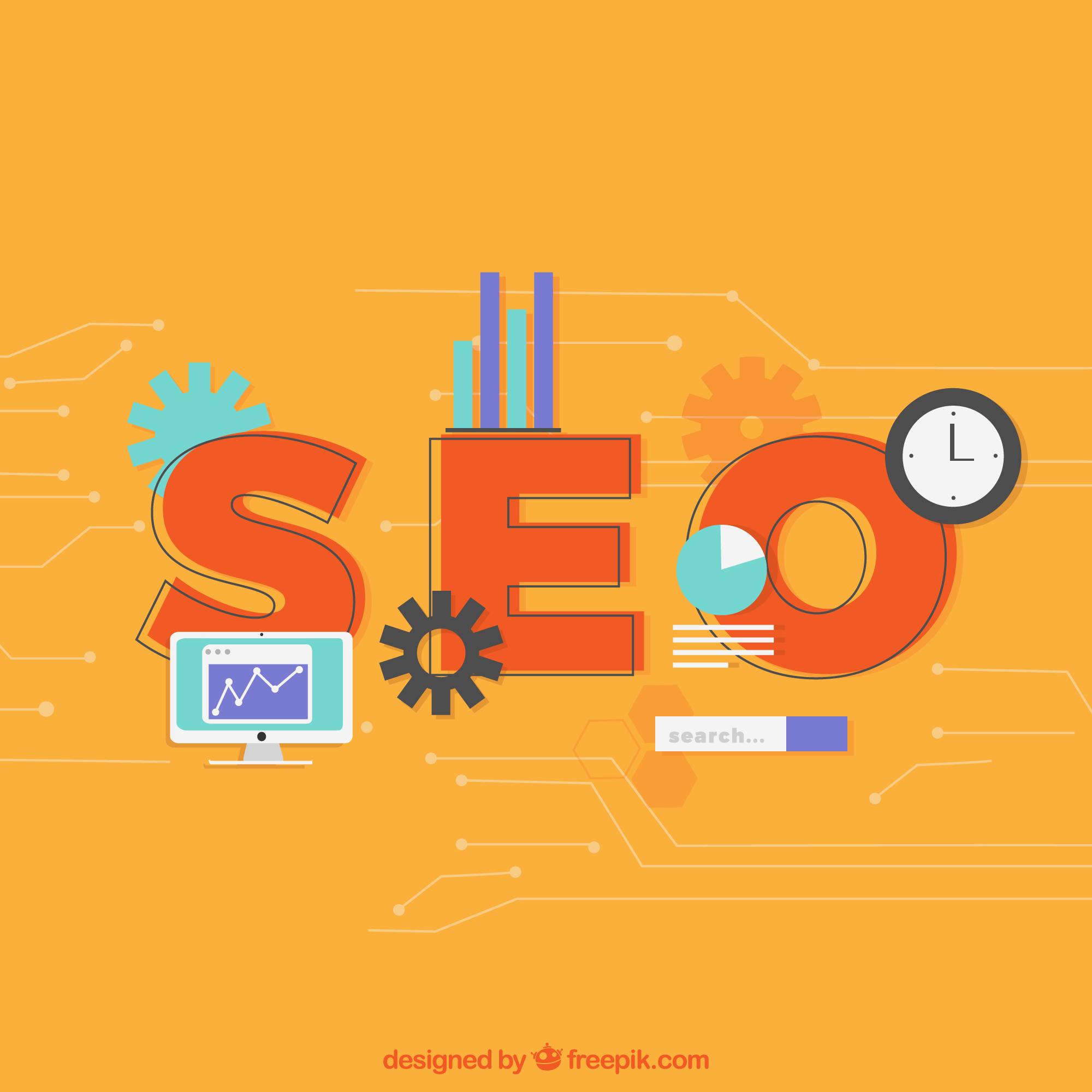The Real ROI of SEO Services: How to Measure Long-Term Success

Search engine optimization (SEO) is often described as a “long game”—and for good reason. Unlike paid advertising, SEO doesn’t deliver instant clicks, but its long-term value far exceeds many short-term marketing strategies when measured properly.
The challenge? Proving that value. Many businesses invest in SEO services without clearly defining what success looks like—or how to measure it.
In this blog, we’ll explore what real ROI from SEO looks like, the key metrics to track, and how you can ensure your investment in SEO services drives measurable long-term growth.
Why Measuring SEO ROI Is More Complex Than You Think
SEO impacts multiple layers of your online presence—from visibility and traffic to brand trust and conversion rates. But because it’s not tied to direct ad spend, ROI is often misunderstood.
Unlike a PPC campaign where you can clearly calculate return per dollar spent, SEO ROI builds gradually and compounds over time. That’s why it’s important to focus on a combination of metrics—not just one.
A professional SEO agency or consultant will typically use a multi-KPI approach to monitor growth, which helps you connect your SEO activities to business outcomes.
1. Organic Traffic Growth
One of the most direct and visible signs of SEO success is an increase in organic website traffic—visitors who arrive through unpaid search results.
What to Track:
-
Total organic sessions over time
-
New vs. returning organic users
-
Bounce rate for organic traffic
-
Device and location breakdown
Tip: Use Google Analytics and Google Search Console to track changes in organic traffic and identify which pages or keywords are contributing to that growth.
2. Keyword Ranking Improvements
Improved rankings on Google and other search engines indicate that your SEO efforts are being recognized by the algorithm.
Key Metrics:
-
Number of keywords in the top 3, top 10, and top 20
-
Ranking growth for target keywords (especially commercial-intent terms)
-
Branded vs. non-branded keyword performance
-
SERP features captured (e.g., featured snippets, People Also Ask)
SEO services often provide rank-tracking dashboards so you can monitor keyword progress week-over-week and month-over-month.
3. Conversion Rates and Quality of Leads
Traffic is great, but qualified leads and conversions are better. High-ranking pages should not only attract clicks—they should also convert visitors into customers.
What to Monitor:
-
Conversion rate of organic traffic
-
Goal completions (form fills, calls, downloads) from organic sessions
-
Lead quality (Are SEO leads more informed or easier to close?)
-
Attribution tracking (How many sales originate from organic?)
Platforms like Google Analytics 4 and CRM integrations (e.g., HubSpot, Zoho) help bridge the gap between SEO and sales performance.
4. Revenue and Lifetime Value
For e-commerce or product-based businesses, revenue from organic search is easier to track. For service businesses, you’ll need to connect SEO-driven leads to closed deals.
Look For:
-
Revenue generated from SEO-attributed conversions
-
Customer lifetime value (CLV) of SEO leads
-
Cost per acquisition (CPA) compared to other channels
-
Average order value from organic users
Long-term ROI often becomes visible when SEO generates consistent, compounding traffic and leads without additional ad spend.
5. Backlink Profile Growth
High-quality backlinks are a major trust signal to search engines and a sign of effective off-page SEO.
KPIs to Track:
-
Number of referring domains
-
Domain authority or domain rating (DA/DR)
-
Quality of backlinks (relevance, authority, traffic)
-
Anchor text distribution
A stronger backlink profile leads to better rankings, particularly for competitive keywords. Agencies providing SEO services usually include link-building reports as part of monthly performance tracking.
6. Technical Improvements and Site Health
A technically sound website is essential for ranking and user experience. SEO audits often uncover performance issues that, once resolved, contribute directly to better search visibility.
Track:
-
Page speed (Core Web Vitals)
-
Mobile usability
-
Index coverage errors
-
Crawl stats and sitemap submission
Tools like Ahrefs, Screaming Frog, SEMrush, and Google Search Console help monitor and maintain site health.
7. Brand Visibility and Share of Voice
SEO doesn't only boost performance metrics—it increases your brand’s online authority. As your website ranks for more industry-related terms, brand awareness improves.
KPIs to Watch:
-
Branded keyword search volume over time
-
Number of SERP features your brand appears in
-
Mentions and citations from other websites
-
Comparison of keyword rankings vs. competitors
A reputable SEO service will help you measure your share of voice, especially in niche or local markets.
How Long Does It Take to See ROI?
SEO isn’t immediate, but it is cumulative. Typically, businesses begin to see measurable progress in:
-
3–4 months: Technical improvements, crawling, indexing, and early keyword movement
-
6–9 months: Noticeable traffic and ranking gains
-
12+ months: Meaningful increases in leads, conversions, and revenue
That’s why the best SEO services set clear milestones and provide regular performance reporting to help clients visualize progress.
Conclusion
The real ROI of SEO services lies in their ability to deliver sustainable, compounding results that fuel long-term business growth. While SEO is not a quick fix, it remains one of the highest-performing and most cost-effective digital marketing channels—if measured correctly.
By focusing on traffic quality, keyword visibility, conversions, revenue, and brand authority, you can confidently evaluate your SEO investment. Whether you're working with an in-house team or outsourcing to an SEO agency, clear KPIs are the foundation of SEO success.
If you're ready to measure, scale, and win in organic search, the right SEO services can take you there—one keyword at a time.
- Art
- Causes
- Best Offers
- Crafts
- Dance
- Drinks
- Film
- Fitness
- Food
- Games
- Festival
- Gardening
- Health
- Home
- Literature
- Music
- Networking
- Other
- Party
- Religion
- Shopping
- Sports
- Theater
- Wellness



